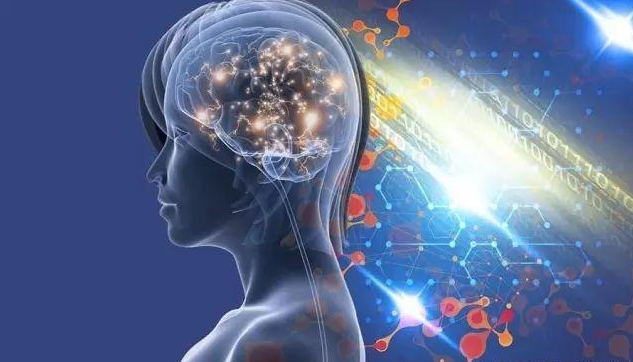It is well known that protein plays a vital role in the functioning of our body. If you don’t have enough protein, your body will suffer. According to a study, about 1 billion people worldwide are protein deficient. Especially in Central Africa and South Asia: up to 30% of children have too little protein. How do you know if you have a protein deficiency? We understand the signs and symptoms associated with protein deficiency so you know when something is wrong.
- Food cravings

If you’re constantly feeling hungry and craving food and snacks, it’s probably because of a low-protein, high-carb, and low-sugar diet. The problem is that you have unlimited access to high-calorie foods that are low in protein.
- Loss of muscle mass and joint pain

The muscle is the body’s largest protein reservoir. Muscle weakness, pain, and loss of mass are hallmarks of protein deficiency. One study showed that this phenomenon is common among older adults. Protein is necessary for muscle growth and maintenance.
- Skin and Nail Problems

A protein deficiency can cause brittle, brittle nails, and in rare cases, you’ll see white bands and brown spots on the nails.
A protein deficiency can also affect the skin, as protein enables cells to regenerate, create new cells, and replace dead cells. If this happens, you’ll find your skin feels dry, flaky, and cracked.
- Hair loss

Our hair is made up of 90% protein called keratin. If you don’t get enough nutrients, your hair may thin and fade. This happens because the body stops using protein as a non-essential substance for hair growth to preserve it.
- Fatty liver

Fatty liver is one of the most common symptoms of protein deficiency, and if left untreated, it can lead to fatty liver disease, causing inflammation, liver scarring, and potential liver failure.
This is a common condition in people who consume a lot of alcohol, obese people, and even children.
- Increased risk of fractures

Just like a muscle, low protein intake can affect bones. Not enough protein can lead to weaker bones, increasing the risk of fractures. This is mainly because “protein is required for calcium absorption and to aid bone metabolism,” Dr. Ax said.
- Lack of sleep

If you have a sleep disorder or lack of sleep, it may be related to a protein deficiency. The protein in the foods we eat serves as the building block for tryptophan, an amino acid that causes sleepiness. This suggests that we must eat protein-rich foods before going to bed for better sleep.
- Brain fog

It is very important to consume the right amount of protein to support healthy brain function. If you lack the motivation to learn, have poor memory, or have trouble learning new things, you’re lacking protein. A study suggests that dopamine, epinephrine, and serotonin are neurotransmitters your body needs to focus on.
According to the USDA, the recommended minimum daily protein intake is 56 grams per day for adults, 46 grams per day for women, and for children, it ranges from 19 to 34 grams per day, depending on age. This may be different if you are pregnant or sick.



